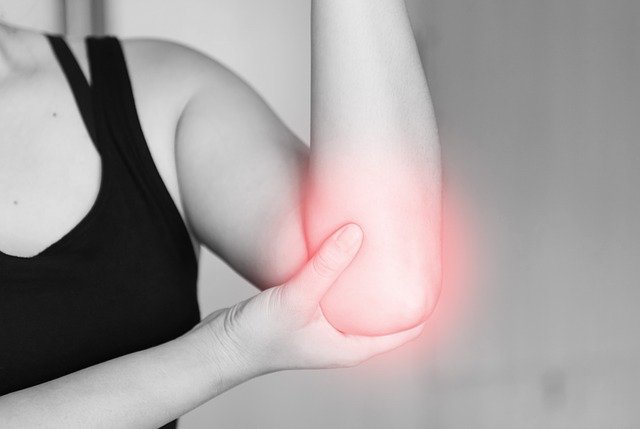
In the U.S., it is estimated about more than 20 million people experience neuropathy.
It is the second most common neurological condition after headaches.
Neuropathy occurs when one or more peripheral nerves causes numbness, pain, and weakness.
Although it is impossible to repair the damaged nerves, researchers suggest that you can do several things to manage the condition.
Control your diabetes
Diabetes is the most common reason for neuropathy. It causes about half of all neuropathy cases.
People with pre-diabetes are at higher risks of neuropathy.
If you can treat your diabetes, you will be able to slow the progression of neuropathy. Controlling diabetes can also help prevent other health problems, including eyesight complications, kidney problems, strokes and heart attacks.
To control diabetes, you need to have a healthy diet and do regular exercise.
Drink less alcohol
Research has shown that too much alcohol can cause neuropathy.
Drinking alcohol is the second-leading cause of neuropathy, so reducing alcohol drinking is the best thing you can do for yourself.
When you abstain from alcohol, your neuropathy symptoms will not get any worse.
Protect your kidney function
Research has shown that poor kidney function is related to neuropathy.
Many factors can cause kidney failure. The most common are diabetes and high blood pressure.
Protect your kidney function and prevent kidney failure can save you from neuropathy.
Take sufficient nutrients
Recent studies showed that vitamin B12 deficiency and other vitamin deficiencies may cause neuropathy.
This is because the B vitamins, vitamin E and niacin are important for nerve health. Therefore, you should eat a healthy diet.
Researchers have found that chemotherapy and family history also play big roles in neuropathy.
For cancer patients, once they don’t need that same chemotherapy again, the neuropathy will be a one-time situation and should not get worse.
For people with a family history of neuropathy, special treatments from doctors are necessary.
Copyright © 2019 Knowridge Science Report. All rights reserved.



